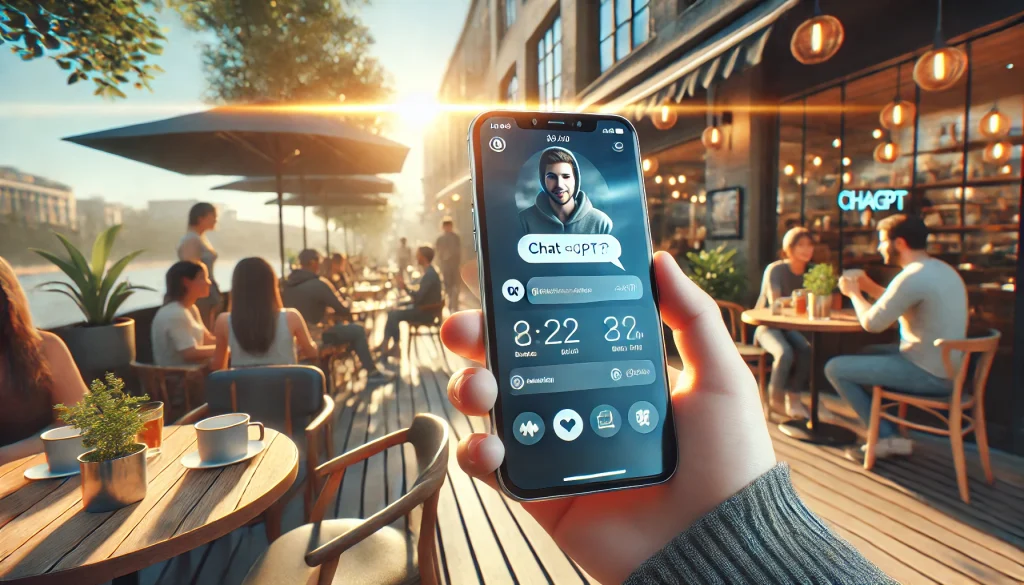In today’s digital age, where content is king and attention spans are short, one thing cuts through the noise like a hot knife through butter: authenticity. And what better way to be authentic than by sharing personal stories? Whether you’re building a brand, growing your social media following, or just connecting with others, storytelling is the golden ticket to winning hearts (and likes). So, buckle up as we dive into why sharing personal stories is a game-changer, and how it can make your content truly shine!
Why Personal Stories Matter More Than Ever
We live in a world overflowing with information. Between clickbait headlines, perfectly filtered Instagram photos, and polished marketing campaigns, it’s easy for content to feel… well, a little fake. That’s where personal stories come in. They remind us that behind every screen, there’s a real human being with real experiences. And humans? Well, we’re wired for stories!
From childhood bedtime tales to the latest Netflix series, we love a good narrative. Sharing personal stories taps into this primal love for storytelling and builds connections on a deeper, more meaningful level. Authentic stories make people feel like they know you, trust you, and even root for you. They create emotional bonds, and emotions, my friends, are what drive action—whether it’s a like, share, or even a sale.
Authenticity vs. Perfection
Let’s face it—no one is perfect. But sometimes, social media makes it look like everyone’s life is a never-ending parade of tropical vacations, flawless selfies, and green smoothie bowls. Spoiler alert: it’s not. The truth is, people crave realness, not perfection. When you share personal stories—whether it’s about a business struggle, a lesson learned, or just a funny moment—you’re showing the world that you’re human.
This kind of authenticity is refreshing in a digital space that’s often too polished. Plus, it’s way more relatable. Imagine this: Would you rather follow someone who only posts perfect pictures of their workouts, or someone who occasionally admits that they struggled to get out of bed and spilled coffee all over their yoga mat? We love a good “I’m just like you” moment.
How Personal Stories Build Trust
Sharing your personal stories creates a sense of transparency, which fosters trust. And trust is crucial, especially if you’re looking to build a brand, sell a product, or even just grow your following. Here’s the secret sauce: people do business with (and follow) people they trust.
By opening up and sharing your experiences—whether they’re funny, inspiring, or even embarrassing—you’re allowing your audience to see the real you. This not only makes you more relatable but also more trustworthy. People are more likely to engage with your content, share it, or even buy from you when they feel like they know who you are.
The Engagement Factor: How Stories Drive Interaction
Think about the last time you were scrolling through social media and stopped to read a post. Chances are, it wasn’t because of a fancy product photo or a “10% off” coupon. It was probably a story—something that made you pause, think, or even smile. Personal stories are conversation starters. They invite your audience to engage, comment, and share their own experiences.
For example, if you share a story about a challenge you faced while starting your business, others who have been in similar situations are likely to chime in. They’ll comment, offer support, and even share your post with their network. Boom—engagement gold!
Storytelling for Brands: Why It’s a Must
Brands are no longer faceless entities. In fact, some of the most successful brands today are the ones that have personalities and share stories that resonate with their audience. Whether you’re an entrepreneur or part of a large company, storytelling is key to building a memorable and relatable brand.
Take a look at brands like Nike. Their “Just Do It” campaign isn’t just about selling shoes—it’s about telling stories of perseverance, grit, and triumph. People don’t just buy Nike because of the product; they buy into the story and the emotion behind it.
Tips for Sharing Personal Stories That Win
1. Be Honest and Vulnerable
Don’t be afraid to show your imperfections. Vulnerability is powerful and helps people connect with you on a deeper level. Whether it’s a business fail or a personal triumph, sharing real, raw stories makes you more human—and way more likable.
2. Keep It Relatable
Make sure your story resonates with your audience. Share experiences that they can relate to or have been through themselves. The more your story reflects their own lives, the more likely they are to engage.
3. Add a Touch of Humor
Humor is a great way to break the ice and make your audience smile. Whether it’s a funny anecdote or a lighthearted take on a serious topic, a bit of humor can make your story more memorable (and shareable).
4. Include a Lesson or Takeaway
Every great story has a moral. What do you want your audience to take away from your story? Whether it’s a lesson learned or a piece of advice, make sure your story offers something valuable.
5. Encourage Engagement
At the end of your story, invite your audience to share their own experiences. Ask them questions like, “Has this ever happened to you?” or “What’s your biggest challenge?” This sparks conversation and drives more engagement.
The Ripple Effect: Stories Stick Around
One of the beautiful things about storytelling is its long-term impact. A great story isn’t just forgotten after one scroll—it sticks with people. They remember it, talk about it, and often, share it with others. Your personal stories become part of your brand’s legacy, creating lasting connections and making you unforgettable.
Final Thoughts: Let’s Get Real
The power of personal storytelling is undeniable. It breaks down walls, builds trust, and fosters deeper connections with your audience. In a world that often feels too filtered and overly polished, sharing your authentic experiences—flaws and all—can make all the difference. So, the next time you’re crafting a post or planning content, ask yourself: What’s my story? Chances are, it’s one your audience will love to hear.







